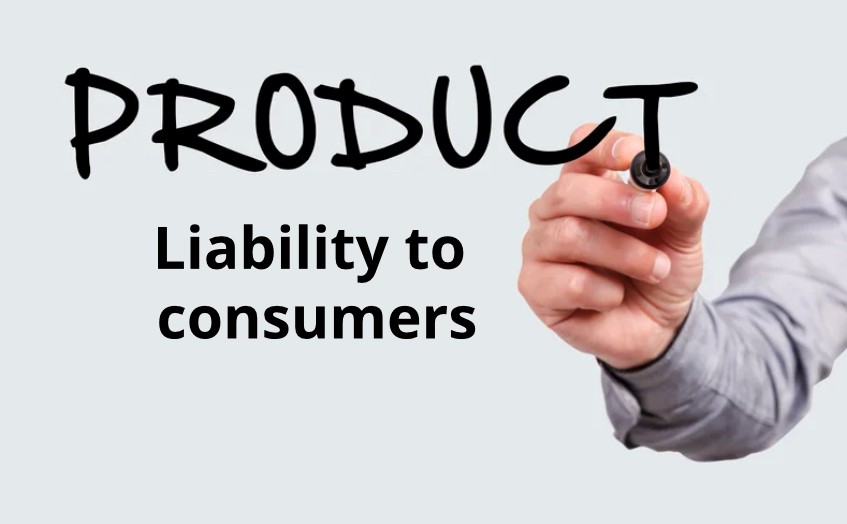
How is a product business liable to consumers?
The Consumer Protection Act No 68 of 2006 (the CPA) is the legislative instrument governing liability in respect of defective or unsafe goods and general consumer protection. Section 61 of the CPA deals with liability for damages caused by goods and can be described as the product liability section. Before the enactment of the CPA, the common law determined the principles of product liability in South Africa (the liability that arises when a product supplied by a manufacturer, distributor or supplier contains a defect which causes financial loss or damage either to a person or to his property).
The High Court judgment, Halstead-Cleak v Eskom Holdings Limited [2015] JOL 33332 (GP) is one of the first judgments strictly dealing with product liability under the CPA. In short, a cyclist connected with a live power line and the court held that the cyclist was entitled to the protection in terms of the CPA. Thus, the court found that Eskom is “100% liable” to the cyclist and inadvertently, came into contact with a low hanging live powerline spanning a footpath, sustaining serious burn injuries in the process.
In terms of the common law, the manufacturer, retailer or distributor of the product could only be found liable for harm caused to a consumer or their property by reason of a defective product if there was a contractual relationship between them that provided for such a claim if the consumer could prove negligence on the part of the supplier or manufacturer. In other words, liability was fault-based.
The overall structure of the CPA and its intention is to protect and benefit consumers as defined (in terms of which a consumer is a juristic person whose asset value or annual turnover, at the time of the transaction, equals or exceeds the threshold value of R2 000 000.00.) If the court’s interpretation is correct, the liability of producers, importers, distributors and retailers of products is significantly increased, as is the exposure of product liability insurers. The CPA introduces far-reaching changes to the law of product liability and introduces the concept of strict liability for the first time in South African law.
What does this mean for your business and products?
In terms of Section 61 of the CPA, a producer, importer, distributor or retailer of goods is liable for any harm or damage caused wholly or partly as a result of:
• the supply of unsafe goods;
• a product failure;
• defect or hazard in the goods;
• inadequate instructions or warnings provided to the consumer pertaining to any risk associated with the use of the goods regardless of whether the harm resulted from any negligence on the part of the producer, importer, distributor or retailer.
The effect of the abovementioned case and section is that, depending on the nature of your products, your product liability insurance will increase, if it has not done so already. If you do not have public liability insurance, it is strongly suggested that this is considered, otherwise you may be left with an extensive strict liability claim against you and no recourse to pay.

Other aspects that all business owners should consider are the various agreements and standard terms and conditions with all of the role players in the supply chain. Then, if you ever find yourself in a situation where a client takes you to court in terms of the strict liability provisions in the CPA, at least you will have recourse against the other role-players as well if the unsafe goods, product failure or omitted instructions were not in your control. If you have a Recall Policy in place, this will also limit your exposure to the number of clients are affected by any possible unsafe goods, product failure or omitted instructions.
If you require advice, drafting or review of your business contracts or policies, you are welcome to connect with attorney Yolandi Erasmus on yolandi@novatelegal.co.za or 0795285087.
Thank you for this very helpful development update with regard to the Consumer Protection Act.